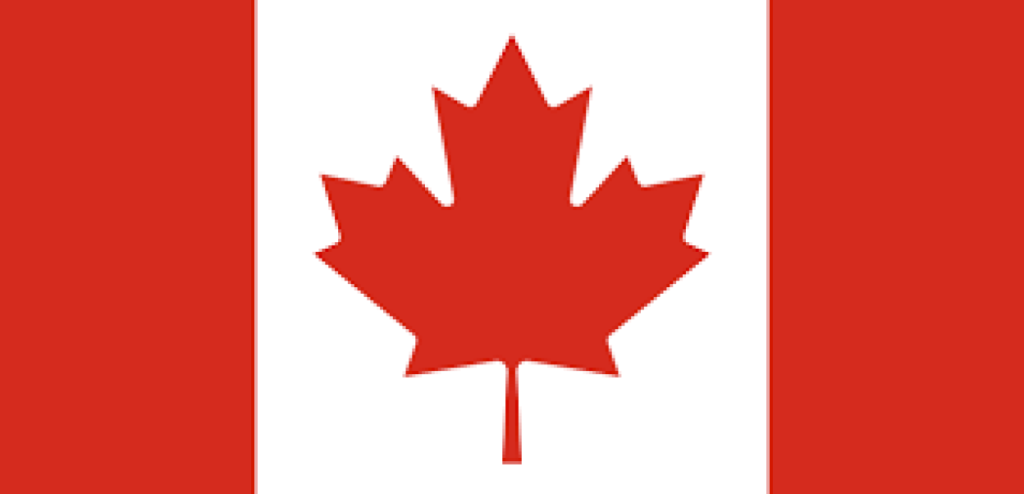
- Affordable Cost of Living: Slovakia’s cost of living is relatively low compared to many Western European countries, making it an attractive option for expats looking for a more affordable lifestyle.
- Beautiful Natural Landscapes: Slovakia is home to stunning natural landscapes, including the High Tatras mountains, national parks, and numerous hiking trails, providing ample opportunities for outdoor activities.
- Rich Cultural Heritage: Slovakia boasts a rich cultural heritage with charming medieval towns, historic castles, and vibrant folk traditions, offering a unique and enriching cultural experience.
- Growing Economy: Slovakia’s economy is growing, and job opportunities are increasing, particularly in industries such as automotive, IT, and manufacturing, making it a promising destination for professionals.
- Central Location in Europe: Slovakia’s central location in Europe makes it easy to travel to other European countries, enhancing opportunities for business and leisure travel.
- Friendly and Welcoming People: Slovakians are known for their hospitality and friendliness, which makes it easier for newcomers to integrate and feel at home in their new environment.
- Language Barrier: Slovakia is the official language, and while many people in larger cities speak English, it might not be as common in smaller towns or rural areas. Learning Slovakia can be essential for fully integrating into the community and accessing services.
- Limited Job Market in Certain Fields: Depending on your profession, you might find fewer job opportunities in Slovakia compared to larger Western European countries. The job market can be competitive, and salaries may not always match those in more economically developed nations.
- Bureaucracy and Administrative Challenges: Navigating the local bureaucracy can sometimes be complex and time-consuming, especially when dealing with permits, visas, or other official documentation.
- Healthcare System Limitations: Slovakia offers a universal healthcare system, but the quality of care and availability of specialised services can vary. Some expats find that private healthcare options are preferable, which can increase costs.
- Weather and Climate: Slovakia has a continental climate with cold winters and relatively hot summers. If you’re not accustomed to harsh winters or significant seasonal temperature changes, it might take some time to adjust.
- Economic Development Disparities: While Slovakia is developing economically, there are still disparities between urban and rural areas. Some regions may have limited access to services, infrastructure, and amenities compared to larger cities like Bratislava.
EU/EEA and Swiss citizens can move to Slovakia without needing a visa or residence permit, while non-EU/EEA citizens can move for work, study, family reunification, business activities, or asylum seekers and refugees, each requiring specific permits or visas.
Slovakia offers various work visas for non-EU citizens, including Indians, as follows:
Single Permit:
Allows non-EU/EEA nationals to reside and work in Slovakia with one combined permit.
EU Blue Card:
This card is issued to highly skilled non-EU/EEA professionals, allowing them to work and live in Slovakia.
Intra-Company Transfer Permit:
For employees of multinational companies transferred to their Slovak branches.
Seasonal Employment Permit:
For temporary, seasonal work in Slovakia, usually lasting up to 6 months.
Short-Term Work Visa:
For non-EU/EEA nationals working in Slovakia for up to 90 days.
Slovakia’s Residence by Investment program allows investors to obtain temporary or permanent residence permits by making substantial financial contributions to the country, such as establishing a business, purchasing real estate, or other significant investments. To qualify, investors must demonstrate financial capacity, provide proof of the investment’s impact, and maintain health insurance. They must also show the lawful origin of the funds and have a clean criminal record. The required investment typically ranges from €100,000 to €500,000 or more, with additional costs including application fees and legal expenses.
Canada’s Start-up Visa Program allows entrepreneurs to move to Canada and develop their innovative start-ups. To qualify, applicants must secure support from a designated organization, such as a venture capital fund, angel investor group, or business incubator. They must also prove proficiency in English or French, demonstrate they have sufficient funds to support themselves, and present a viable business plan. The program offers a pathway to permanent residency for successful entrepreneurs and their families, providing access to Canada’s business ecosystem and market opportunities.
Criteria for
Slovakia Work
Visa
● Single Permit
Requires a valid job offer, a labour market test, and relevant qualifications.
● EU Blue Card
Requires a high-skill job offer, a salary of at least 1.5 times the average, and higher education or extensive experience.
● Intra-Company Transfer Permit
Requires prior employment with the company, a transfer to a Slovak branch, and a manager, specialist, or trainee role.
● Seasonal Employment Permit
Requires a temporary job offer, up to six months of work, and a labour market test.
● Short-Term Work Visa
Requires a valid job offer for up to 90 days and relevant qualifications.
The employer must submit several documents to obtain a work permit for a foreign employee. These include:
- Employment contract
- Labour market test results
- Company registration
- Proof of business operations
- Job description
- Proof of advertisement
- Employee’s qualifications
- Financial documents
- Health insurance
- Valid passport
- Employment contract
- Labour market test results
- Proof of qualifications
- Company registration
- Proof of business operations
- Health insurance
- High-skill job offer
- Proof of salary (at least 1.5 times the average)
- Higher education or extensive experience documents
- Employment contract
- Health insurance
- Employment contract with the parent company
- Proof of prior employment
- Transfer request
- Job description for the Slovak branch
- Health insurance
- Temporary job offer
- Labour market test results
- Proof of qualifications
- Employment contract
- Health insurance
- Valid job offer
- Proof of qualifications
- Employment contract
- Health insurance
Step 1: Preparation
- Collect all required documents based on the specific visa type.
- Secure a job offer from a Slovak employer (if applicable).
Step 2: Labour Market Test (if applicable)
- The employer performs a labour market test to prove that a Slovak or EU/EEA candidate cannot fill the job.
Step 3: Visa Application
- Apply for the visa at a Slovak embassy or consulate in your home country.
- Submit all required documents for the specific visa type.
Step 4: Processing
- The Slovak authorities review the application and documents.
- Provide any additional information or attend an interview if requested.
Step 5: Decision
- If approved, receive the visa or permit.
- Get notified of the decision and instructions on collecting the visa.
Step 6: Travel and Arrival
- Travel to Slovakia: Travel to Slovakia using the granted visa.
- Register with local authorities or the Foreign Police within the required timeframe.
Step 7: Commence Work
- Start Employment: Begin work according to the terms of the visa.
- Single Permit: Approximately €200 to €300
- EU Blue Card: Around €250 to €350
- Intra-Company Transfer Permit: Approximately €200 to €300
- Seasonal Employment Permit: About €100 to €200
- Short-Term Work Visa: Approximately €60 to €100

